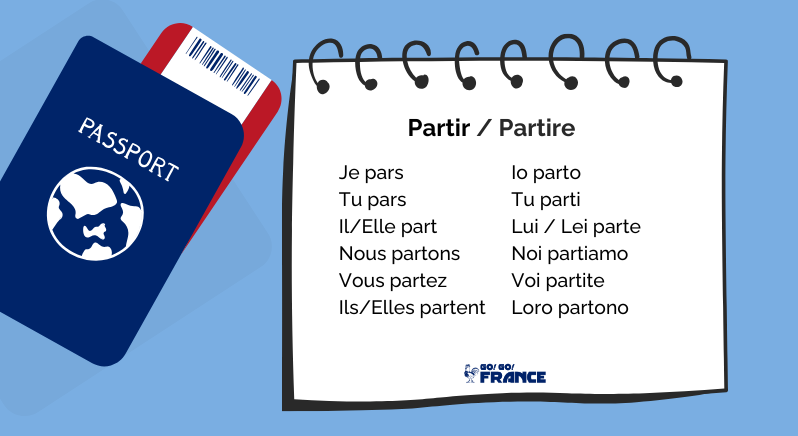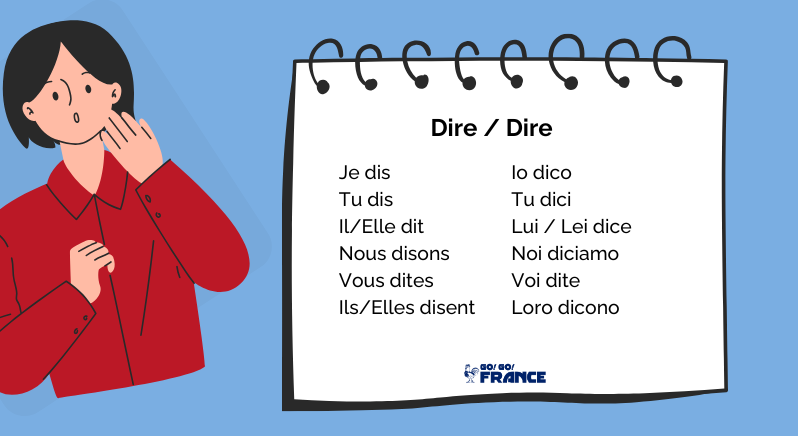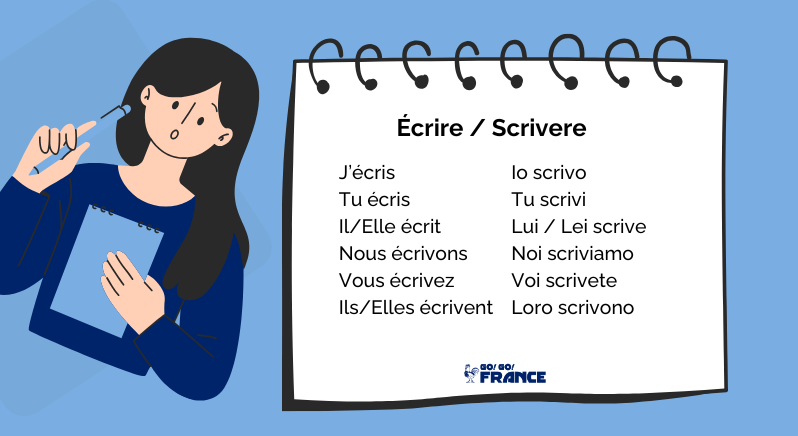French and Italian are both Romance languages with Latin roots—but how similar are they, and what does that mean for language learners? Let’s explore the key similarities and differences between French and Italian.
Similarities between French and Italian
While French and Italian each have their own unique identities, they share foundational traits thanks to their common Latin ancestry. This is good news for students: learning one can make it easier to understand—or learn—the other.
Look-alike vocabulary
One of the clearest similarities is vocabulary. Because both languages evolved from Latin, many words look and mean the same in both languages.
Here are some examples:
| English | French | Italian |
|---|---|---|
| Animal | animal | animale |
| Hotel | hôtel | hotel |
| Restaurant | restaurant | ristorante |
| Minute | minute | minuto |
| Telephone | téléphone | telefono |
| Museum | musée | museo |
| President | président | presidente |
| Client | client | cliente |
| Important | important | importante |
| Intelligent | intelligent | intelligente |
| Artist | artiste | artista |
| Tourist | touriste | turista |

Borrowed words
Beyond look-alikes, both languages have borrowed words from each other.
Here are some words commonly used in Italian and borrowed from French:
| Borrowed words | Meaning |
|---|---|
| Brioche | Sweet bread / pastry |
| Biberon | Baby bottle |
| Bidet | Bidet (bathroom fixture) |
| Collant | Tights / pantyhose |
| Manicure | Nail treatment |
| Souvenir | Memory keepsake / gift |
| Roulotte | Caravan / Trailer |
Grammatical foundations
French and Italian also share important grammatical characteristics, such as:
- Vocabulary: Mostly derived from Latin
- Gendered nouns: Both use masculine and feminine forms
- Verb conjugations: Based on tense, mood, and person
- Word order: Both follow Subject-Verb-Object (SVO) structure

Differences between French and Italian
Despite their shared origins, French and Italian have evolved differently over the centuries—especially in pronunciation, spelling, and grammar.
Pronunciation
French is known for having a more complex pronunciation system than Italian. Typically, French requires attention to nasal vowels, silent letters, and liaison, where final consonants link to the following word.
Italian is more phonetic, so most words are pronounced exactly as they are written. This makes Italian easier to pronounce, while French pronunciation takes more practice. However, with time, most learners can get used to it.
Spelling
Italian spelling closely matches its pronunciation, so words are generally read as they’re written. For example, tempo is pronounced exactly as it looks: “TEM-po”.
On the other hand, French spelling often preserves historical forms that don’t match modern pronunciation. For example, beaucoup (many) sounds like “boh-koo”, with the final “p” being silent. The word fils (son) is pronounced simply as “fees”, with the “l” being silent. Similarly, temps (time) has a silent “ps”. Words like hôtel (hotel) and oiseau (bird) also contain silent letters or letter combinations that don’t match their pronunciation.
This makes French spelling less phonetic and more challenging compared to Italian.

Vocabulary
While both languages are rooted in Latin, their modern vocabularies have been shaped by different influences. French has absorbed many Germanic and English terms, especially in law, government, and technology. Italian has remained more conservative, preserving words closer to classical Latin.
Curious about how French compares to English? Check out our article here: https://gogofrance.com/en/blog/similarities-differences-french-and-english/
Grammar
Both French and Italian share core grammar structures—gender, conjugations, and articles—but French introduces more complexity in its use of pronouns and verb constructions.
For example, French includes pronouns like “y” (replacing prepositional phrases with à) and “en” (replacing phrases with de or expressing quantity):
Je vais à Paris. → J’y vais.
I’m going to Paris. → I’m going there.
Je mange de la soupe. → J’en mange.
I’m eating some soup. → I’m eating some.
Il a trois chiens. → Il en a trois.
He has three dogs. → He has three (of them).
Which language to learn?
Wondering which language to learn? French may appeal more to those interested in literature, philosophy or international diplomacy, or who want to connect with Francophone cultures around the world. Italian may be ideal for those drawn to art, opera, fashion, or cuisine.
Still hesitating? Why not learn both! You could spend a few weeks in both countries—your first experience will give you a head start in the second, thanks to the many similarities between the two languages.
Want to learn French or Italian? We can help you learn French in France, or Italian in Italy.
For learning French, contact Go! Go! France team here: https://gogofrance.com/en/contact/
For learning Italian, contact Go! Go! Italia team here: https://gogoitalia.com/en/contact/





